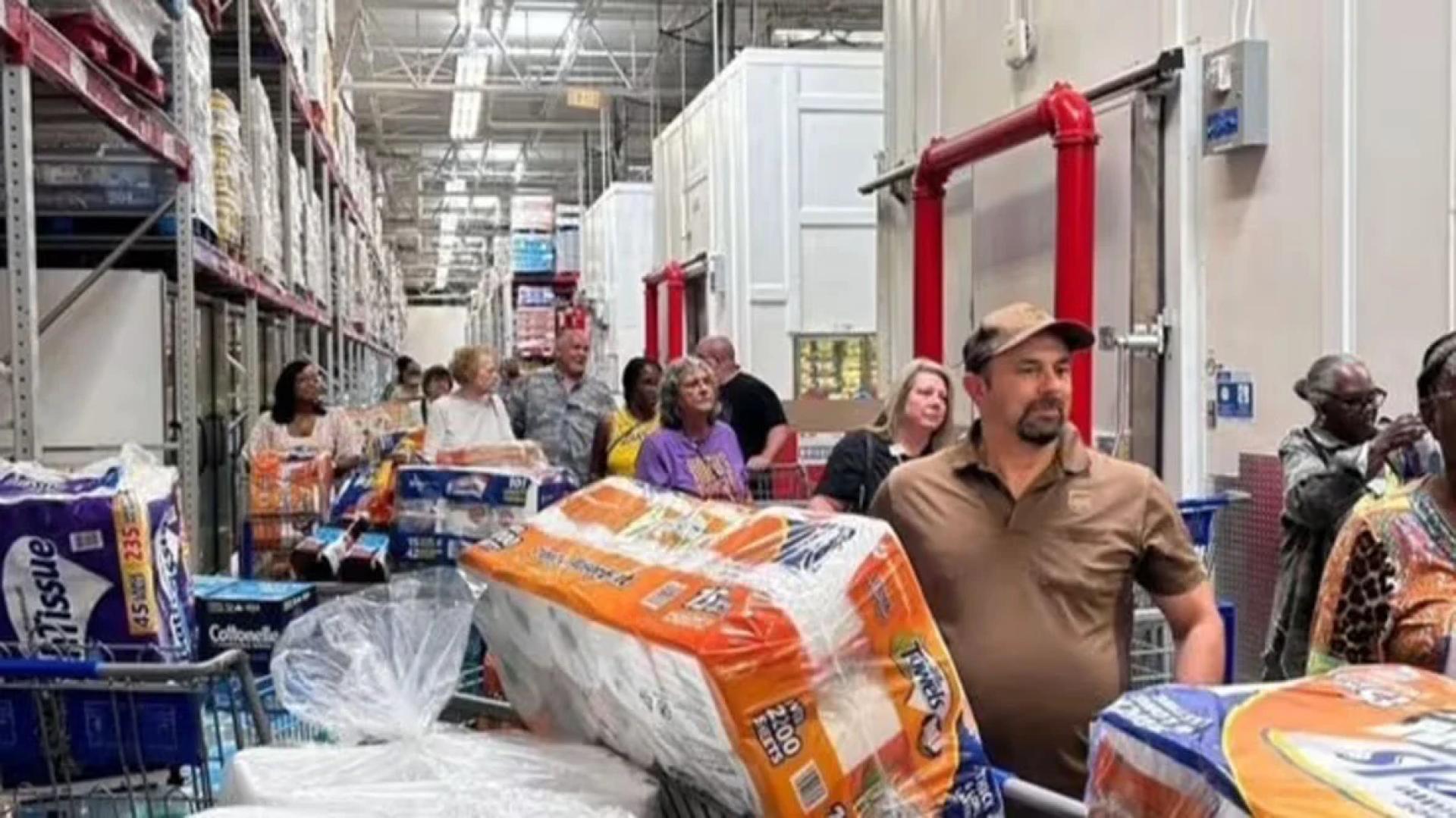CreditCards.com released a poll on the 18th showing that 20% of Americans said they are buying more goods than usual due to concerns about President Trump's tariff policy. This reflects increasing consumer anxiety due to potential price hikes and economic instability.
Foreign media report that tariffs often exacerbate inflation because this step increases import costs, which must either be absorbed by businesses themselves or passed on to consumers by raising prices. The reason this could trigger overall inflationary pressure is that the manufacturing costs in all industries relying on foreign materials and parts will rise.
For consumers, worries about rising prices can trigger hoarding behavior, particularly of non-perishable foods, toilet paper, and medical supplies, as they always think they should buy before prices rise further.
The poll shows that when asked about the impact of Trump's planned tariffs on large-scale consumption, 22% of respondents said it has a significant impact, while 30% believed it has some impact.
Wall Street is concerned that Trump's heavy use of tariffs may accelerate U.S. inflation, prevent the Federal Reserve from cutting interest rates, slow economic growth, and that the uncertainty of trade policy might affect consumer confidence.
The CreditCards.com survey shows that 20% of surveyed Americans described their recent purchasing behavior as 'doomsday consumption', and 23% of respondents expect this will impose a heavy burden on their credit card debt this year.
'Doomsday consumption' refers to excessive or impulsive buying behavior triggered by uncertainty or anxiety about the future; economic instability, geopolitical tensions, or looming financial worries are often the catalysts for such behavior.
Company executives have told foreign media and described in conference calls that the ever-changing nature of Trump's tariff plans could disrupt global trade, prompt some companies to move production to the U.S., and increase environmental uncertainty, thereby introducing various challenges.
